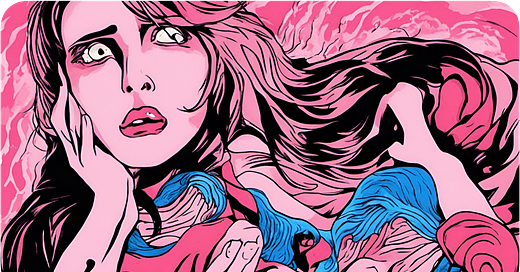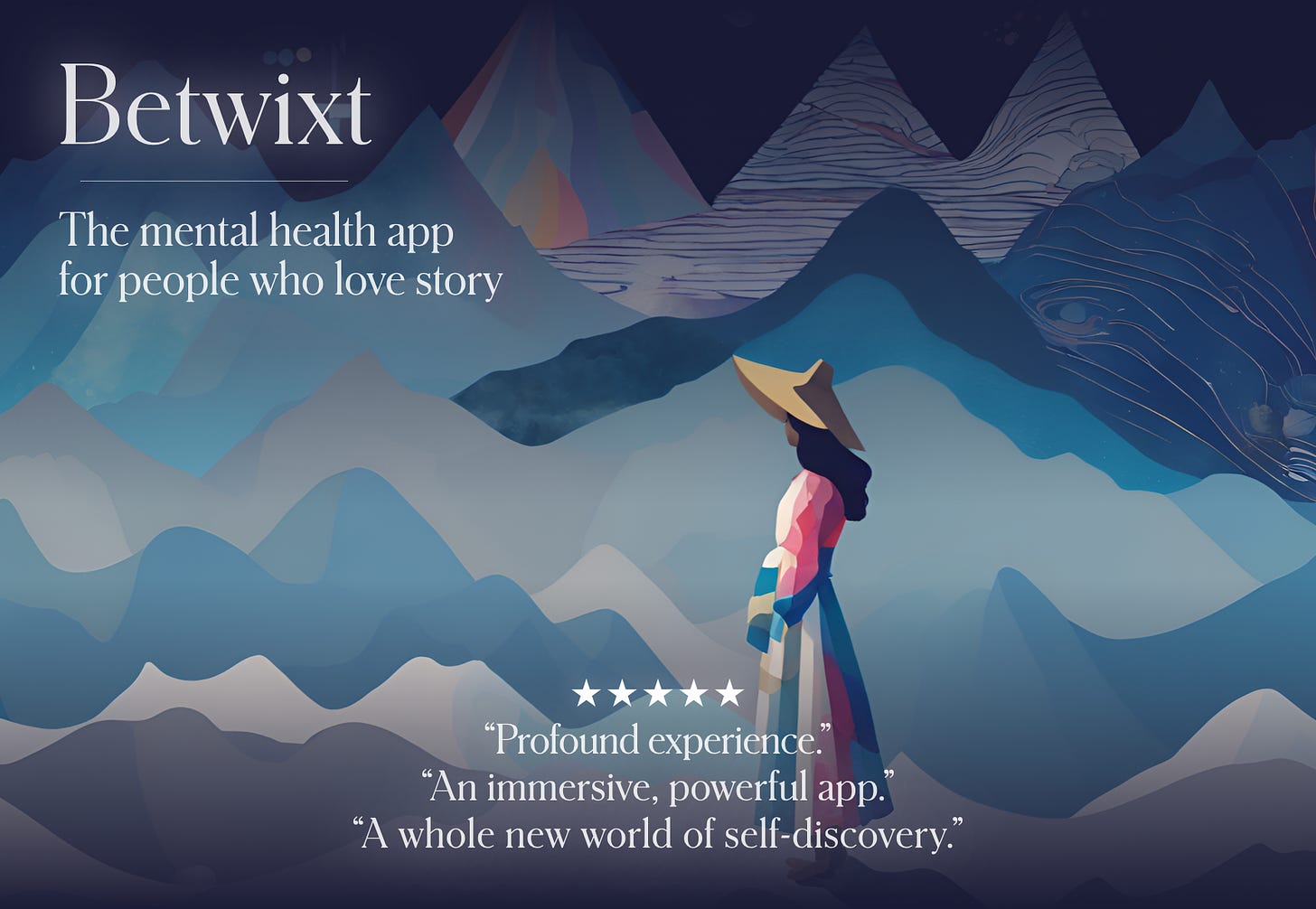The pursuit of happiness is making us unhappy
On the perils of definitions and the tyranny of setting impossibly high standards
John Lennon's mother always told him that happiness was the key to life. When he was five, his school teachers asked him what he wanted to be when he grew up. He said "happy". They told him that he didn't understand the assignment. He told them they didn't understand life. Or so the story goes…This quote may well be apocryphal, but it's a good anecdote, pasted all over the internet because it just sounds so right.
But what if I told you that valuing happiness is actually an evidence-based way to make yourself miserable?
In one study, researchers assessed participants’ levels of life stress, wellbeing and depressive symptoms and it turned out that with low levels of stress, the more people valued happiness, the more unhappy and depressed they felt. This wasn’t the case when participants had high levels of stress. Why? It took the researchers another study to figure this out and their conclusion was this:
People who value happiness set excessively high standards, which sets them up for failing to achieve the happiness they want and expect. The resulting disappointment makes them less happy than they would be otherwise, and this happens especially in moments when things are going well - when they know they should feel happy. This effect wasn't seen for the people with high levels of stress simply because they had a legitimate and clear reason for feeling unhappy.
So, the real problem with happiness, it seems, is that when we want it, value it and aspire to it, the real-life experience of it tends to let us down.
We run into trouble when we stop experiencing positive emotions and start judging or evaluating them instead. Comparing your joy to the dream version, or merely wondering “am I feeling happy enough?” can sap the happiness you do have of its potency.
So if you're a happiness-seeker, then you might need to slow down and examine your definition of happiness to see if, like so many of us, you’re striving for an unrealistic, unachievable aim. Sustained, uninterrupted bliss is just not how life works. If your definition of happiness is closer to contentment — or comfortable acceptance of all the ups and downs — you’ll stand a much better chance of avoiding disappointment when life gets real.
Thank you for reading!
We’re Hazel (ex boxer, therapist and author) and Ellie (ex psychology science writer). We left our jobs to build an interactive narrative app for self-awareness and emotion regulation (Betwixt), which you can try on Android here and on iOS here.







I think happiness is a choice, not a pursuit. I often hear people I work with say, “if I can just get this one thing done, I’ll be happy!” Life challenges should not determine happiness.
Well, that is not all true... There are also cases like mine, that this article doesn't seem to appeal, that have too much stress in life and that turns into trauma and sadness. The problem turns more than being just unhappy. But I can understand that being in the path of looking at happiness as a pursuing not a moment of just experiencing yourself, makes everyone less happy.